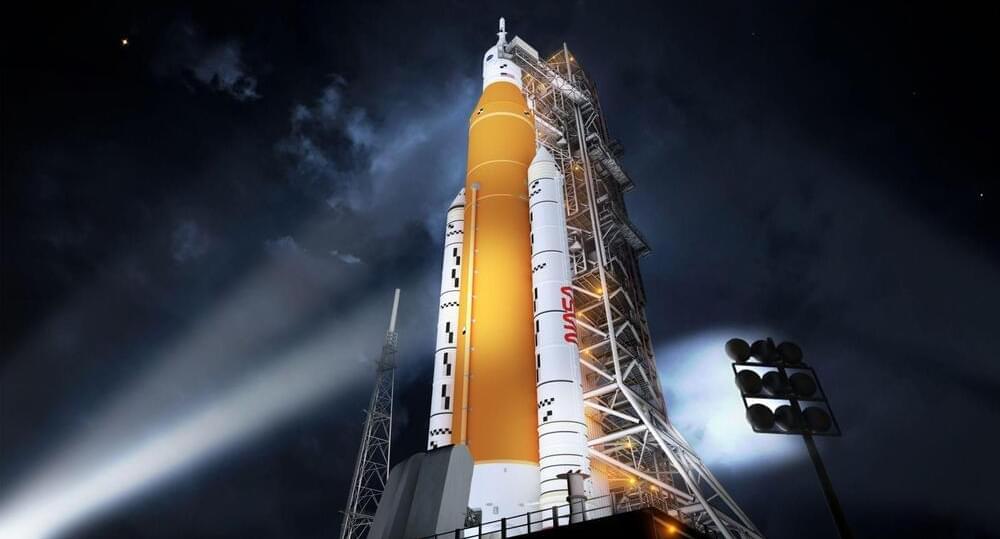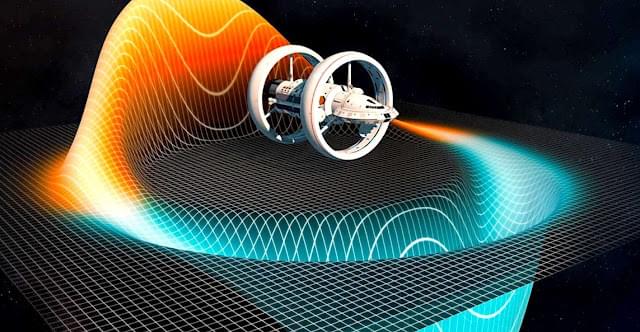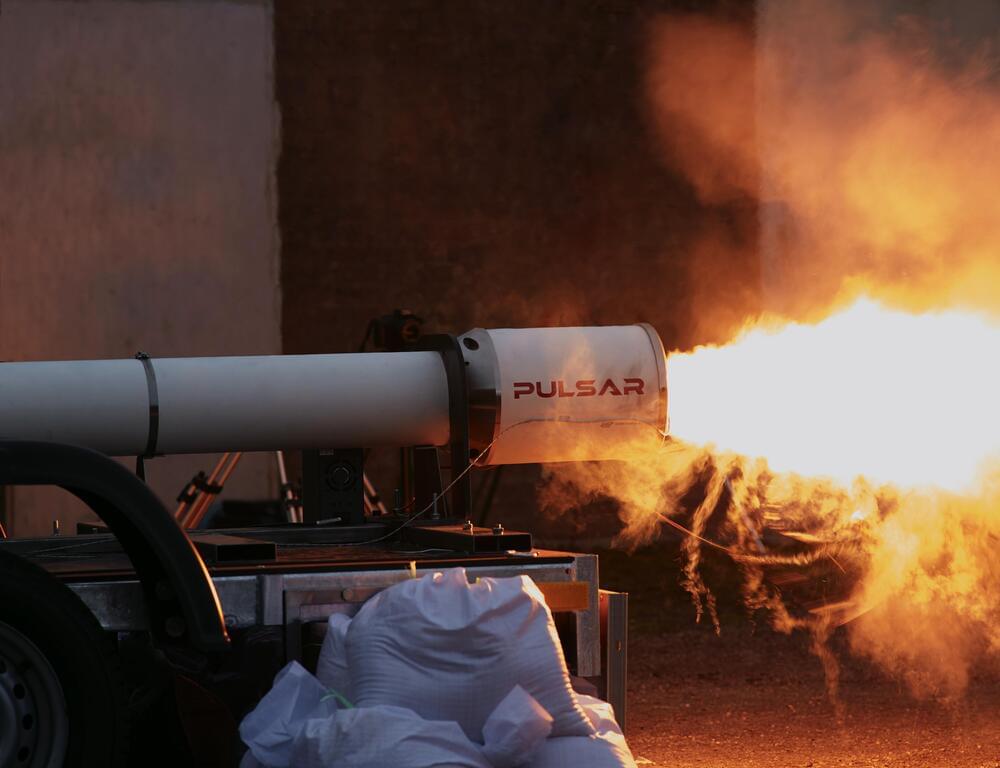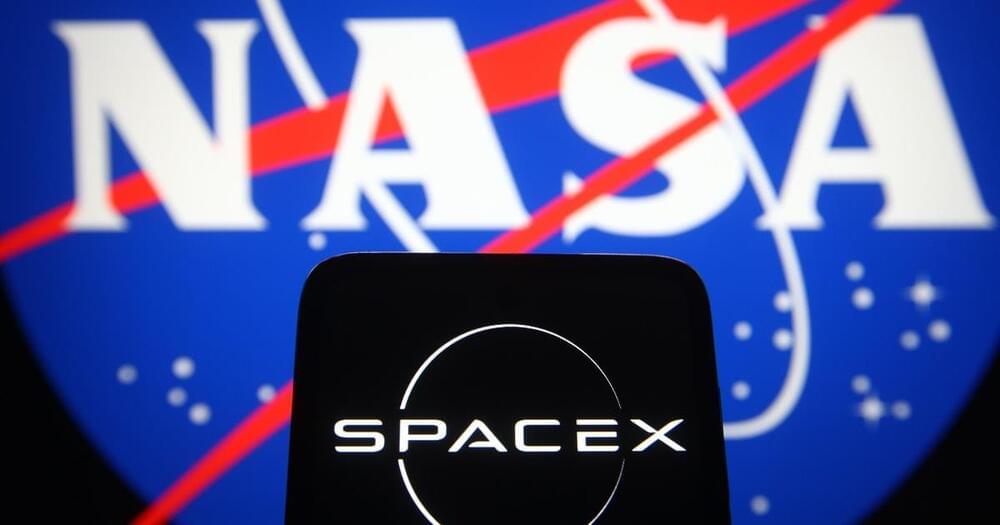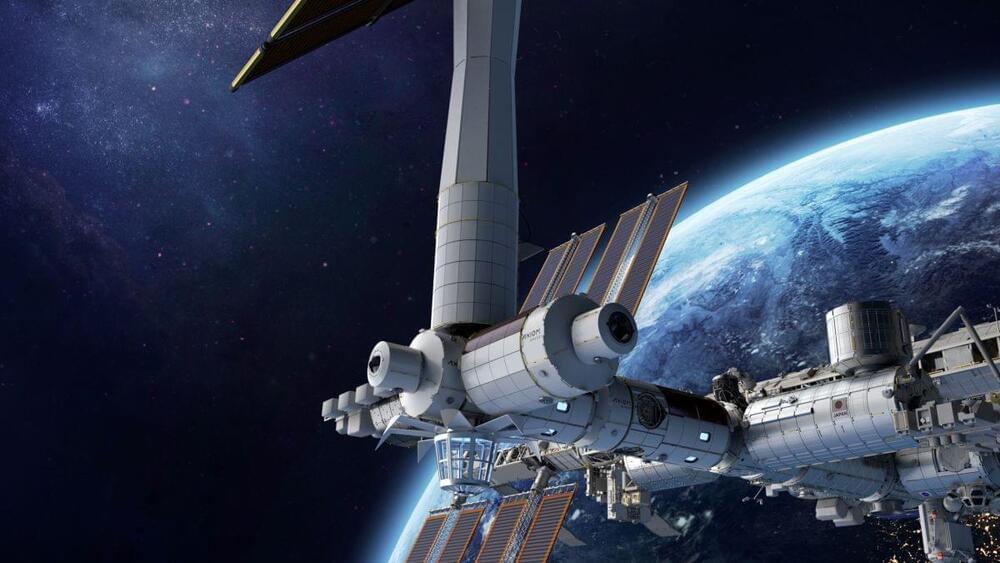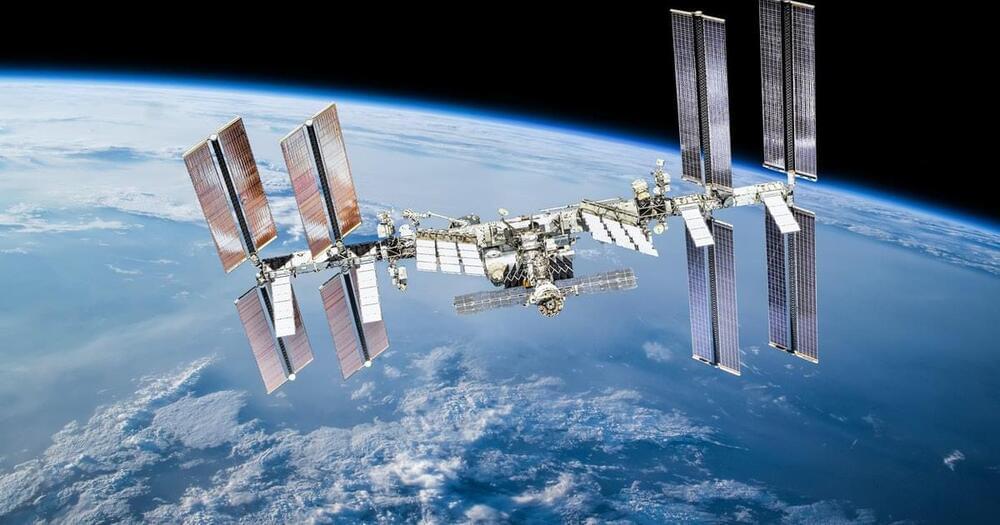Dec 13, 2021
Elon Musk named Time Person of the Year
Posted by Kelvin Dafiaghor in categories: cryptocurrencies, Elon Musk, space travel, sustainability
Elon Musk is Time’s Person of the Year.
The magazine said that he had been chosen for his work in space as well as on electric cars, as well as his plans to take humanity to Mars and his interest in cryptocurrency. It also noted in its announcement that Mr Musk “also likes to live-tweet his poops”, thought to be a first for a Time “Person of the Year”.
“For creating solutions to an existential crisis, for embodying the possibilities and the perils of the age of tech titans, for driving society’s most daring and disruptive transformations, Elon Musk is TIME’s 2021 Person of the Year,” the magazine wrote in its announcement.

